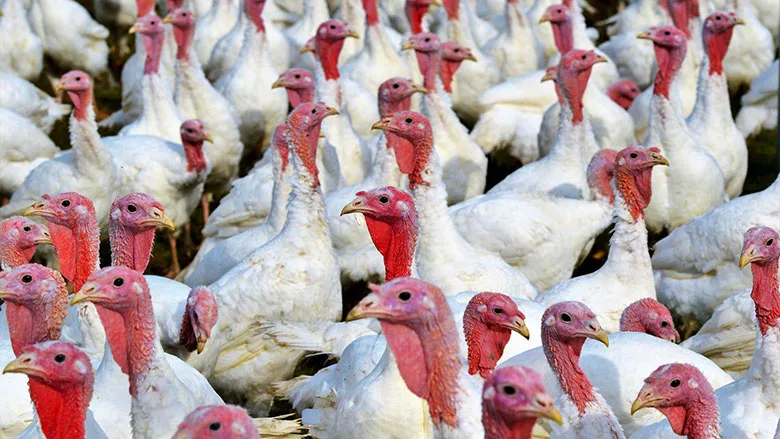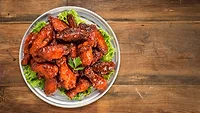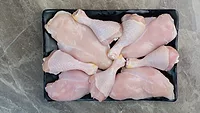First Pre-Harvest Study of Salmonella in Turkeys for Ground Meat

A Kansas State University researcher has received a $589,000 grant from the U.S. Department of Agriculture’s Agricultural Research Service (USDA’s ARS) to explore pre-harvest opportunities for predicting and controlling Salmonella in turkey meat. Jessie Vipham, the Kansas State assistant professor leading the study, has partnered with Cargill to conduct on-farm tests.
The goal of the study is to identify an effective pre-harvest, pre-grind sampling strategy to predict Salmonella contamination in turkey flocks that are being raised for ground meat. Salmonella in ground turkey is of concern because, according to USDA, 18 percent of ground turkey samples tested positive for Salmonella in 2020, despite the pathogen rarely being detected in whole turkeys.
Little information is known about how, where, and in what amount Salmonella exists in turkey production. Vipham hopes to demystify Salmonella contamination in ground turkey, as well as aid turkey producers by determining specific control points.
If the research successfully identifies a pre-harvest turkey sampling strategy that can accurately predict Salmonella in the ground product, then turkey producers will be able to use the sampling method to reduce the risk of cross-contamination within processing facilities through certain programs. For example, turkey producers could determine the best times to harvest turkey flocks or which turkey parts to use in different contexts.
The three-year study begins in May 2022. The researchers believe the study is the first to identify turkey risk factors for Salmonella from pre- and post-harvest samples. The study’s future results have the potential to improve Salmonella control practices in turkey production by providing knowledge of the pathogen in turkey operations.
Looking for quick answers on food safety topics?
Try Ask FSM, our new smart AI search tool.
Ask FSM →









